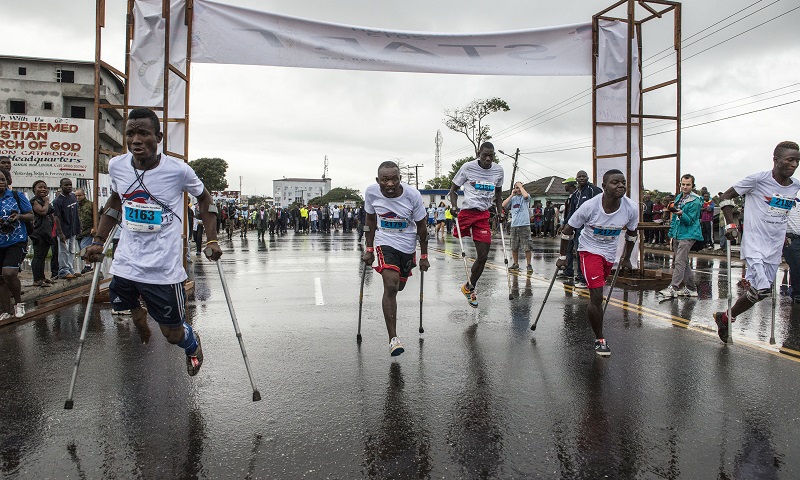
Equality and full participation of persons with disabilities in society needs to follow a rights-based approach to inclusion, as opposed to a medicalised model that defines inclusion. Persons with disabilities need to be recognised as fully-fledged citizens with equal rights, and governments need to ensure that these rights are widely recognised to implement the 2030 Agenda for Sustainable Development.
A panel discussion explored the link between disabilities and the Sustainable Development Goals (SDGs) during the 9th Session of the Conference of State Parties (COSP9) to the Committee on the Rights of Persons with Disabilities (CRPD). The side event, entitled Disability ≠ Inability: Equality and Human Rights of Persons with Disabilities – Enhancing Co-ordinated Response took place at United Headquarters in New York on 14 June and was organised by UN DESA Division for Social Policy and Development (DSPD), the Council of Europe and the Permanent Mission of Finland to the United Nations.
Kalle Könkkölä, Chair of the Finnish Disability Forum, spoke about the need for wealthy countries, like Finland, to have an active foreign policy promoting the rights of disabled peoples. Working to achieve the SDGs as well as leading cooperation and partnerships to ensure the rights of disabled people needs to be promoted on a global level.
In Europe, persons with disabilities and their full range of human rights are enshrined by the European Convention on Human Rights, the European Social Charter and the UN Convention on the Rights of Persons with Disabilities. Marja Ruotanen, Director of Human Dignity and Equality at the Council of Europe, admits, however, that the international standards set by these frameworks is not yet the reality on-the-ground.
This has become more difficult in Europe with ongoing economic issues and the refugee humanitarian crisis that has often pushed the needs of disabled peoples out of focus for policymakers. The most vulnerable groups of people affected by these crises however, are often disabled. In grappling with these problems, disabled people must not be left behind.
Monitoring and evaluation are the keys to achieving equality for persons with disabilities and is needed to enhance coordination. The Council of Europe’s Action Plan to promote the rights and full participation of people with disabilities is one such example of effective monitoring and evaluation that could be used for improving the quality of life for persons with disabilities through a regional approach for inclusion.
For more information on COSP9, please click here.
For more information about our work on Disability, please visit: www.un.org/disabilities
Source & Copyright: UNDESA
 Welcome to the United Nations
Welcome to the United Nations